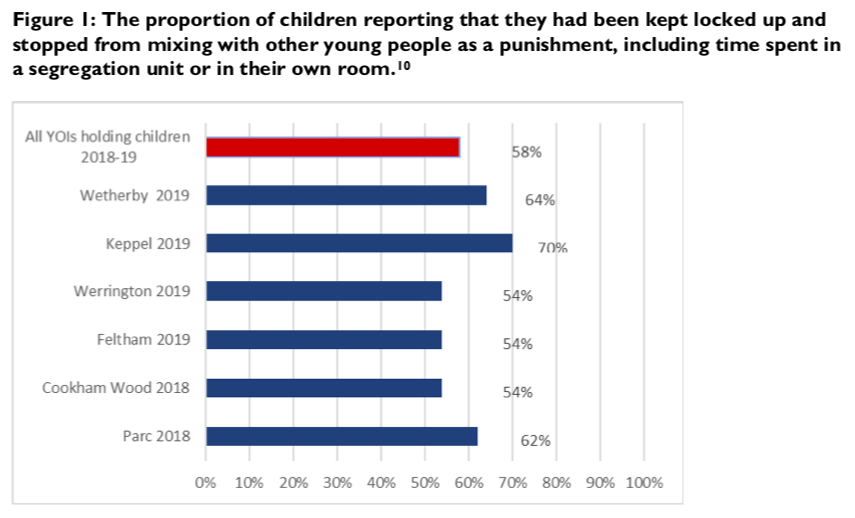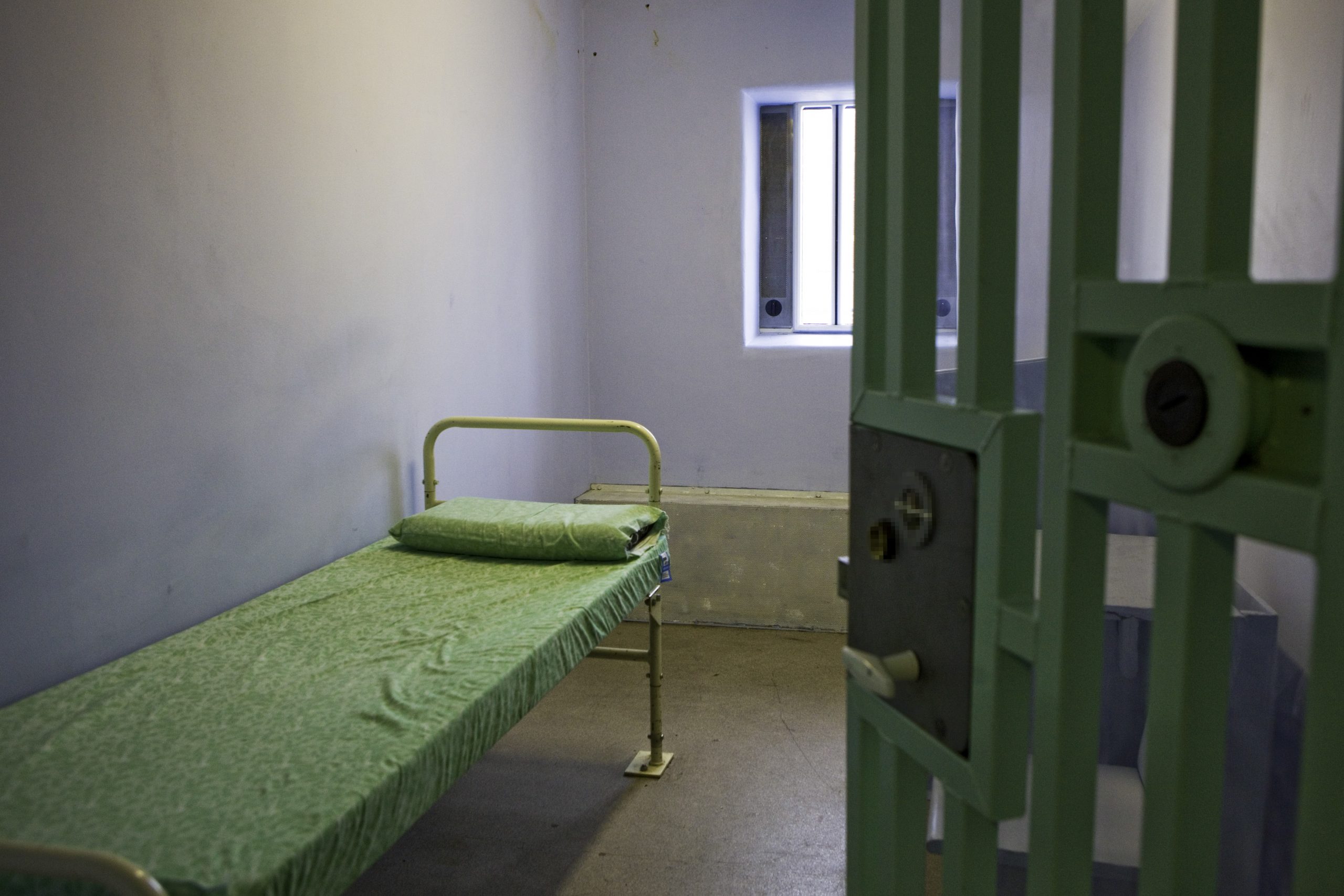Children in young offender institutions were being held in ‘harmful’ solitary confinement – some leaving their cells for just 15 minutes a day – according to the prison watchdog.
A new report published today by HM Inspectorate of Prisons found one in 10 children in YOIs were separated and that there were ‘fundamental flaws’ in their approach to solitary confinement. ‘As a consequence of these failings most separated children experienced a regime that amounted to the widely accepted definition of solitary confinement,’ it said. ‘For some of these children, their solitary confinement was prolonged in nature.’
 Chief inspector Peter Clarke told Radio 4’s Today programme that ‘the system was so badly broken’ that an ‘entirely new approach’ was needed. The new report drew on 85 interviews with separated children which revealed ‘dramatic variations’ in children’s experience across five young offender institutions. Such a range of approaches was ‘inexplicable’given such a small custodial estate holding just over 600 children.
Chief inspector Peter Clarke told Radio 4’s Today programme that ‘the system was so badly broken’ that an ‘entirely new approach’ was needed. The new report drew on 85 interviews with separated children which revealed ‘dramatic variations’ in children’s experience across five young offender institutions. Such a range of approaches was ‘inexplicable’given such a small custodial estate holding just over 600 children.
After 21 days of separation, a YOI has to secure authorisation from the prison group director. Between May 2018 and April 2019, YOI managers had sought and secured such authorisations on 346 occasions including children who needed further authorisations at 42, 63 and 84 days.
In 2017, the High Court found the Prison Service to be in breach of its rules in a case involving a child who spent more than 100 days isolated and locked up for over 22 hours a day and sometimes for more than 15 consecutive days (here).
As a result of this judgment, the prison service extended its rule 49 (‘removal from association’) oversight arrangements to all children spending more than 22 hours a day in their cell. According to the new report, that strategy failed. According to the spring 2019 inspection around 10% of children in YOIs were separated under rule 49.
‘The regime offered to most separated children was inadequate. While it tended to be better on designated segregation units, nearly all separated children spent long periods of time in their cell without any meaningful human interaction. We found children who were unable to access the very basics of everyday life, including a daily shower and telephone call. In the worst cases children left their cells for just 15 minutes a day.’
Peter Clarke
Although prison rules ban the use of separation as a punishment, almost six out of 10 children (58%) told inspectors they had been kept locked up as a punishment. At the time of the inspection in May and June last year, eight children had spent a total of 373 days in solitary confinement waiting to transfer to a hospital for treatment fortheirmental health conditions.
Inspectors found children isolated in unfurnished accommodation ‘solely because they had self-harmed and were passively non-compliant with staff’ contrary to prison rules. At Feltham, one child who was ‘in crisis’ was left to lie on a mattress ‘on the floor of a filthy cell for more than 22 hours a day with no meaningful contact’ in direct and constant sight of an officer. The use of unfurnished ‘special’ accommodation was reported to be ‘very high’ at Feltham but rarely used elsewhere.
According to the report, the daily regime for separated children was ‘poor – all children had an unpredictable and limited amount of time out of their cell’. ‘In most cases, children were regularly subject to a regime that constituted solitary confinement: locked up for more than 22 hours a day, without meaningful human contact,’ it continued. According to the inspectorate’s survey, just over half (53%) reported getting more than two hours out of their room on a weekday and much less at weekends (17%).
Several children described sleeping most of the day when separated and then staying awake at night. ‘We try to just ride it out together by talking through our doors and playing I-spy,’ one 16 year old told the inspectorate. ‘It makes the time pass, especially at night time. I have a behaviour target to stop shouting through my door to the other boys on the unit, which I think is really unfair ‘cause it is literally my only chance to chat to anyone. We’re not arguing or anything, we’re just chatting, having a joke and checking up on each other.’







